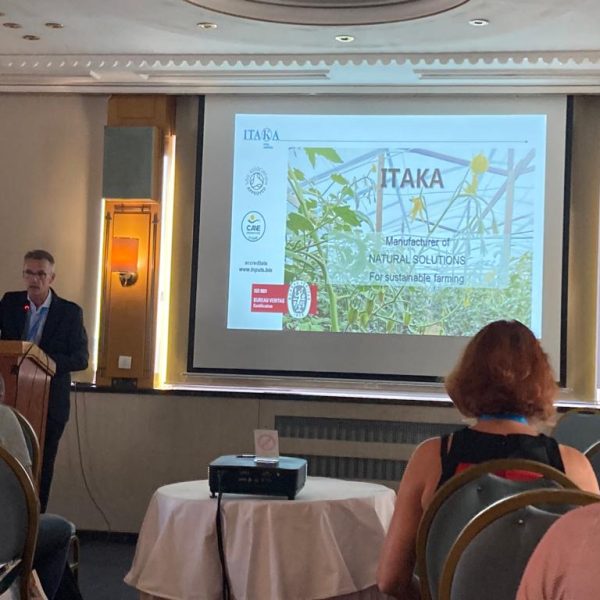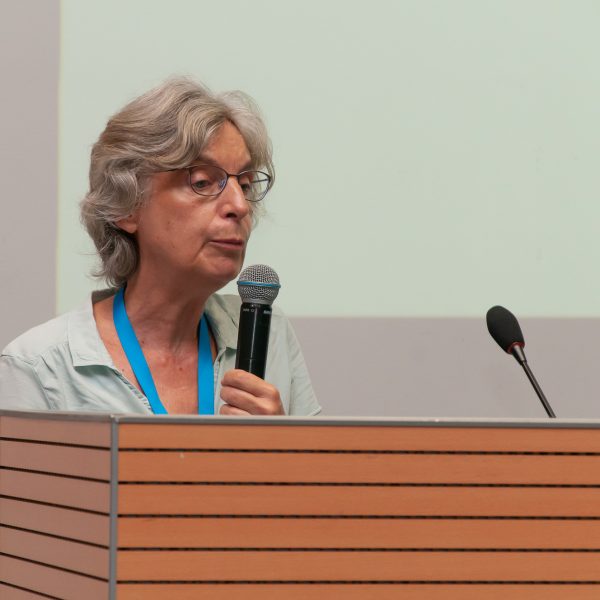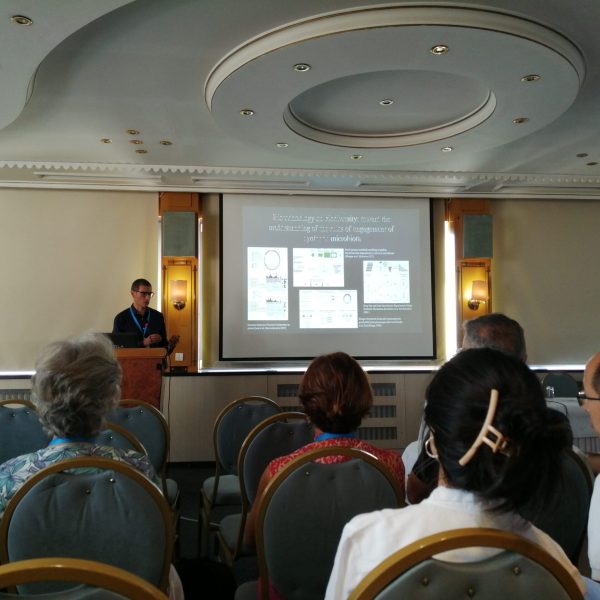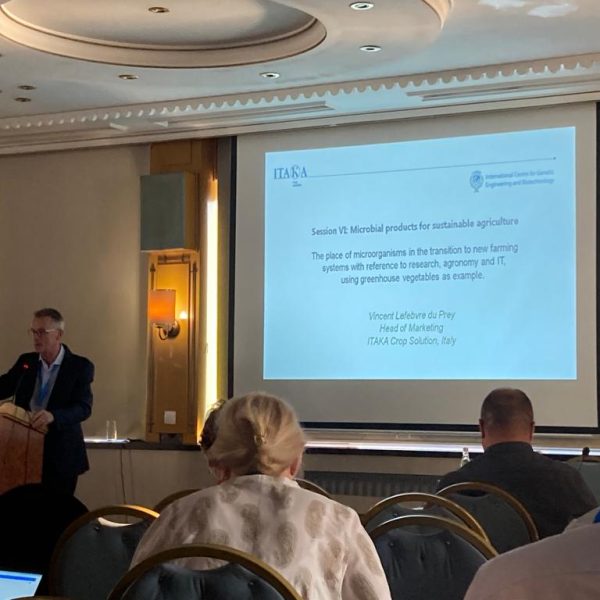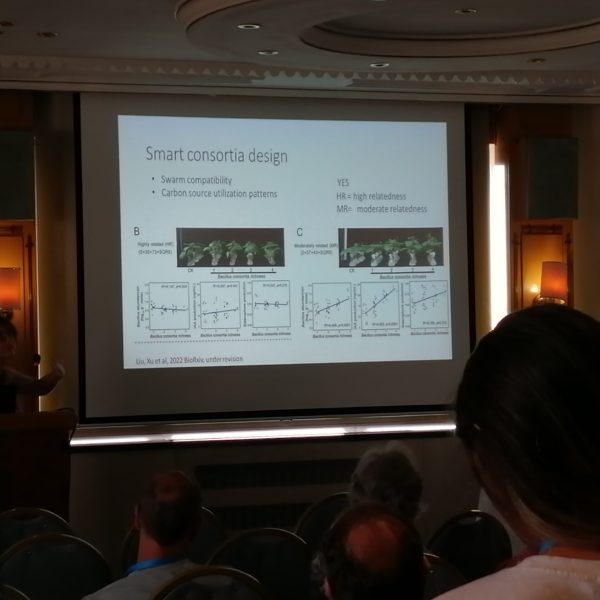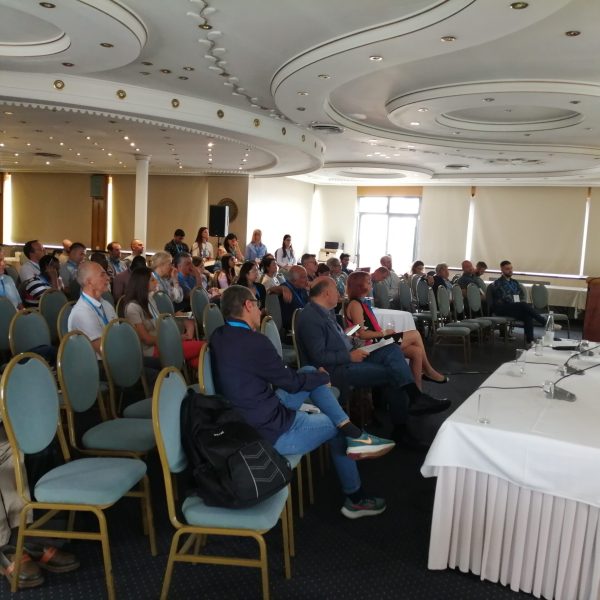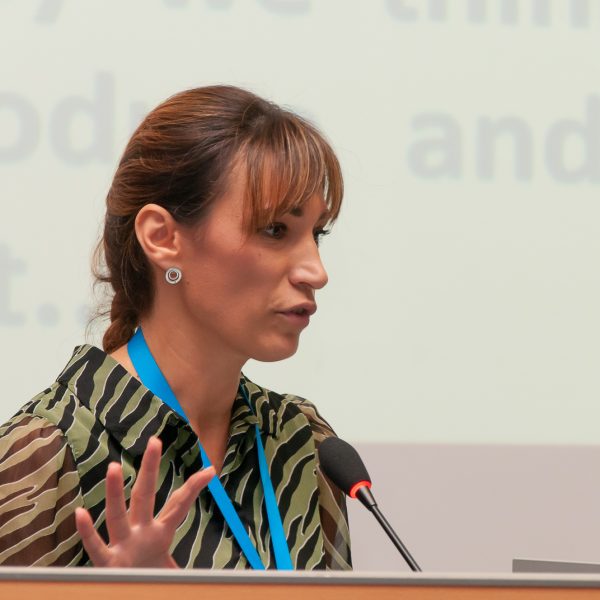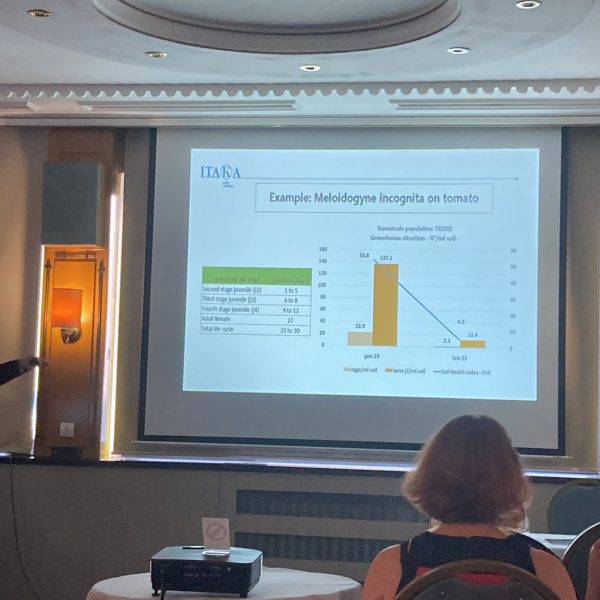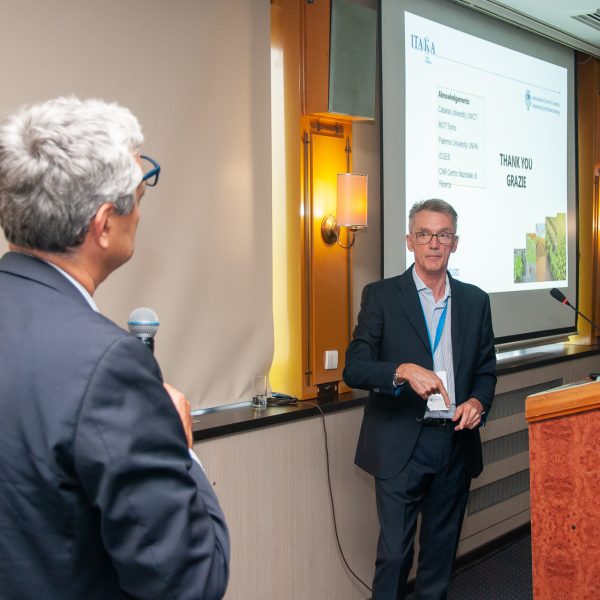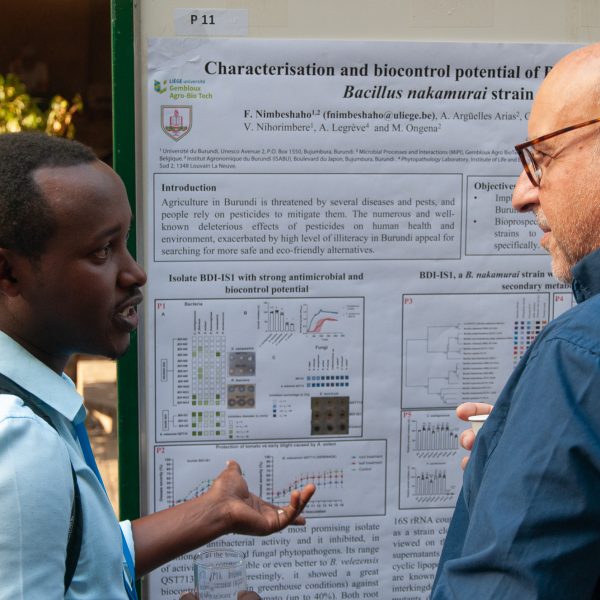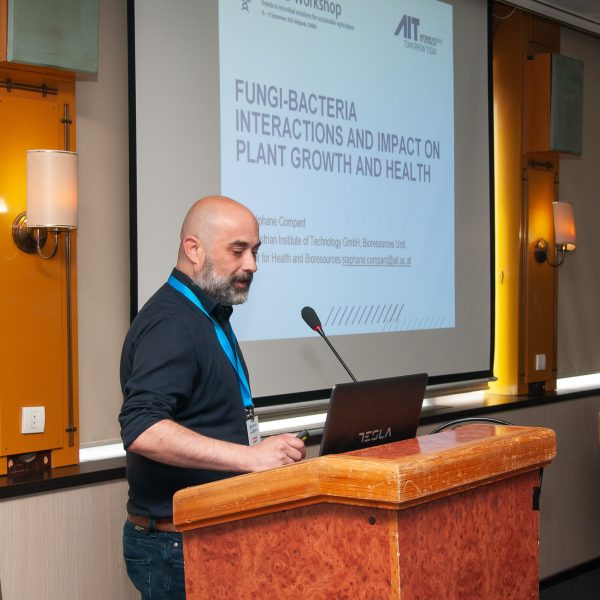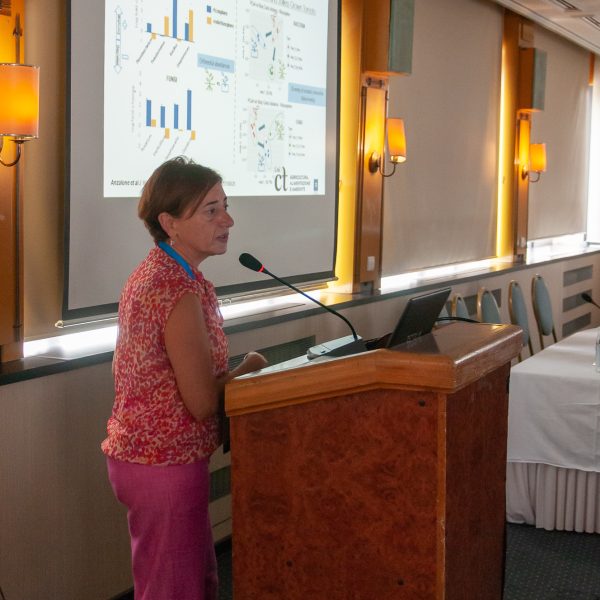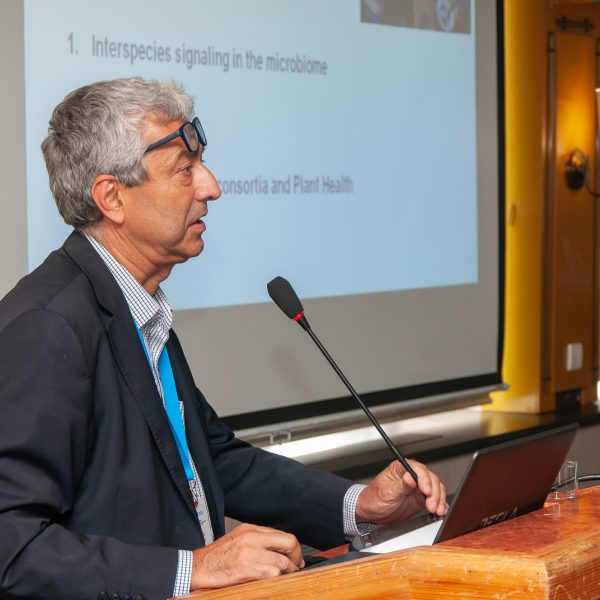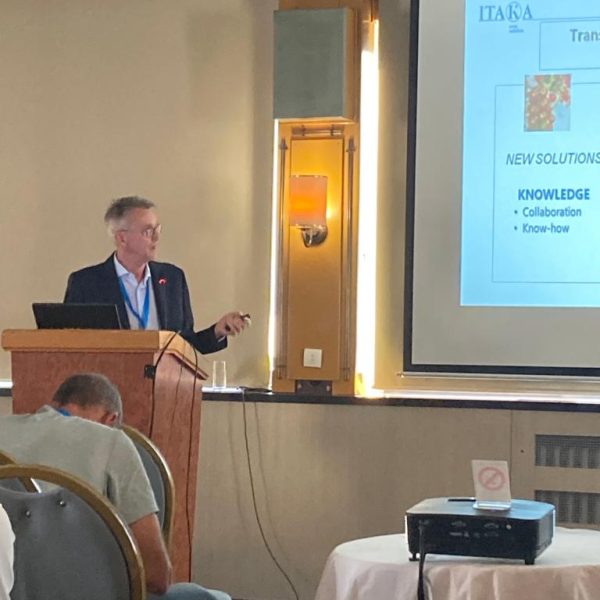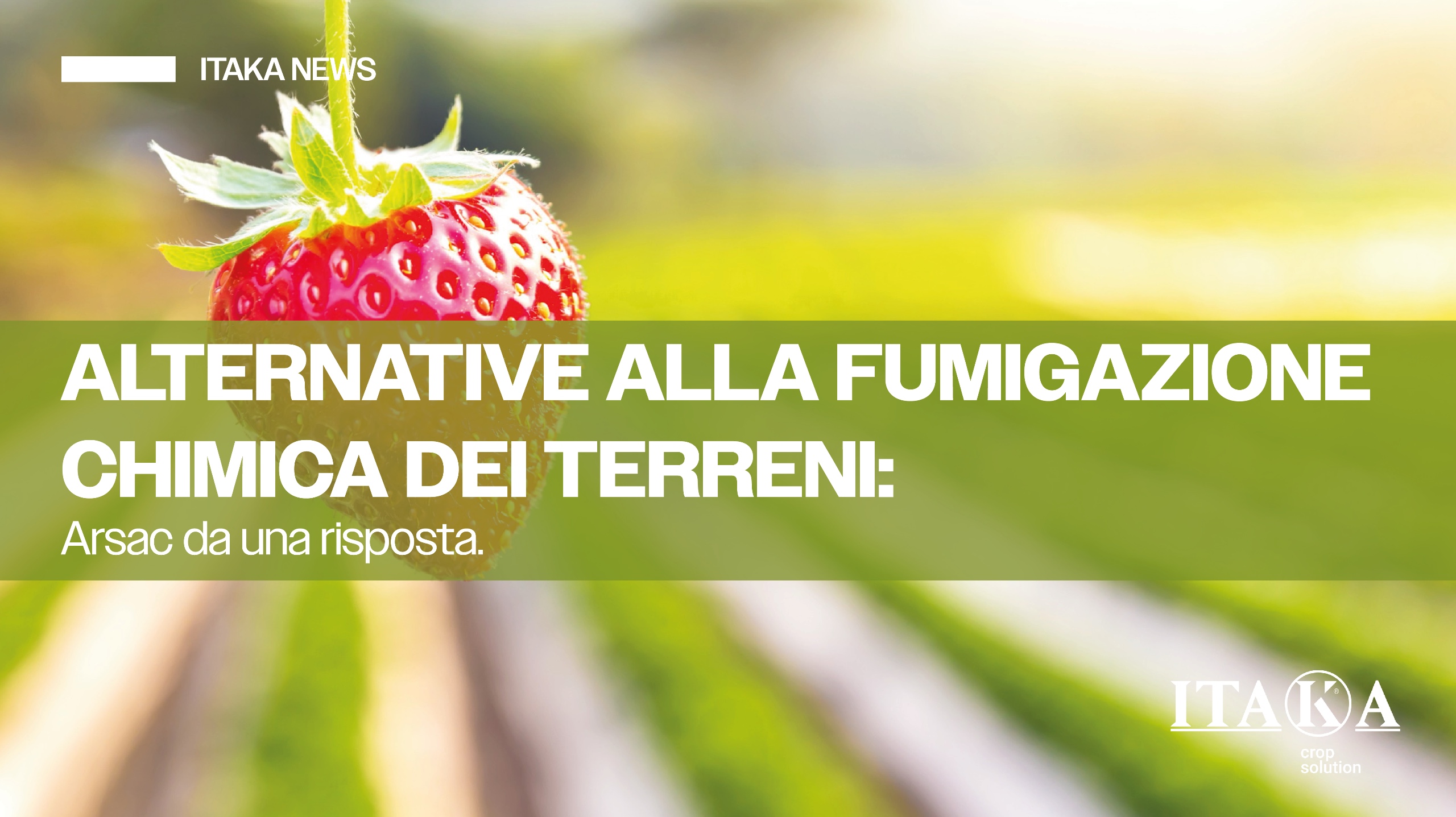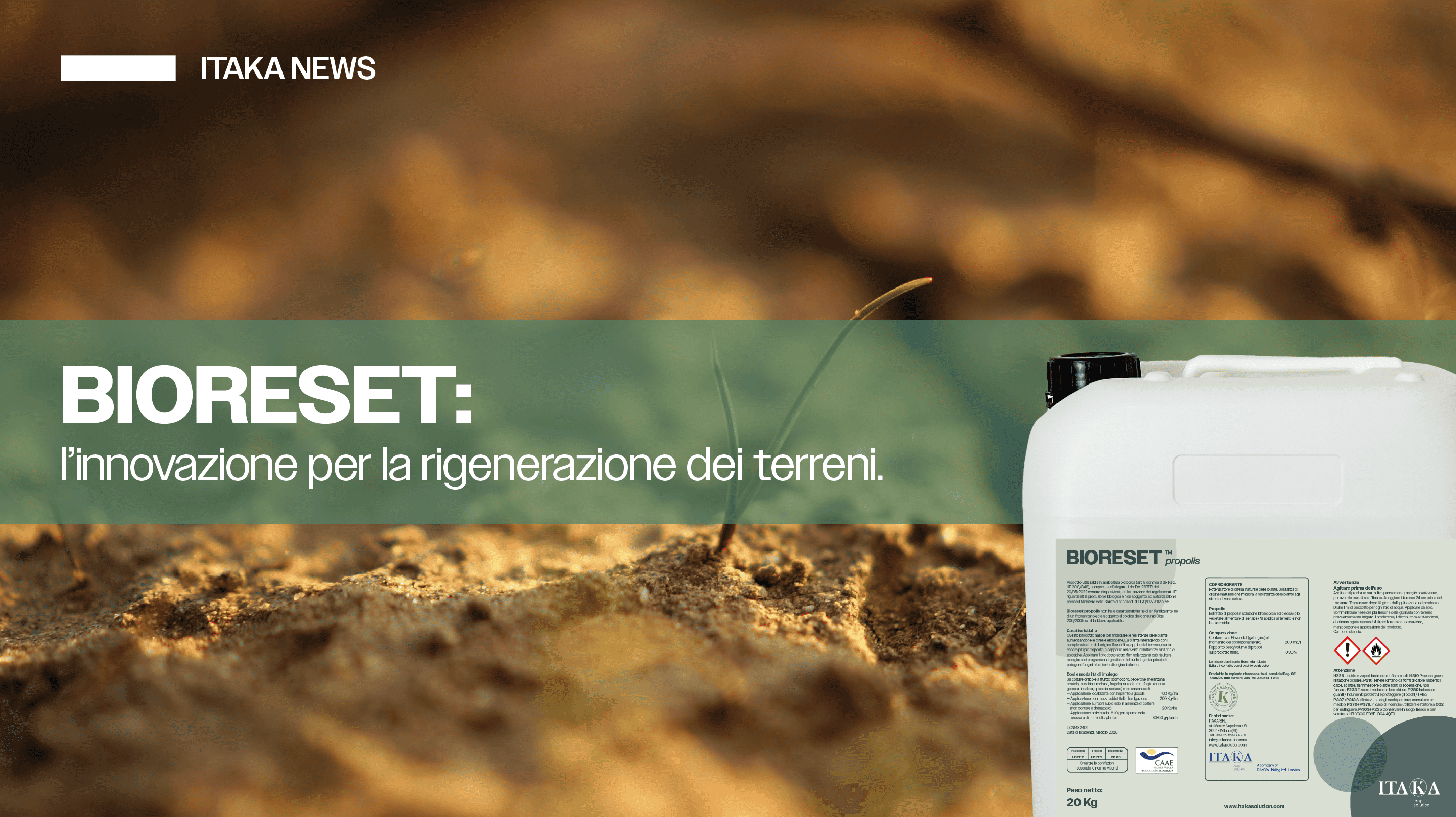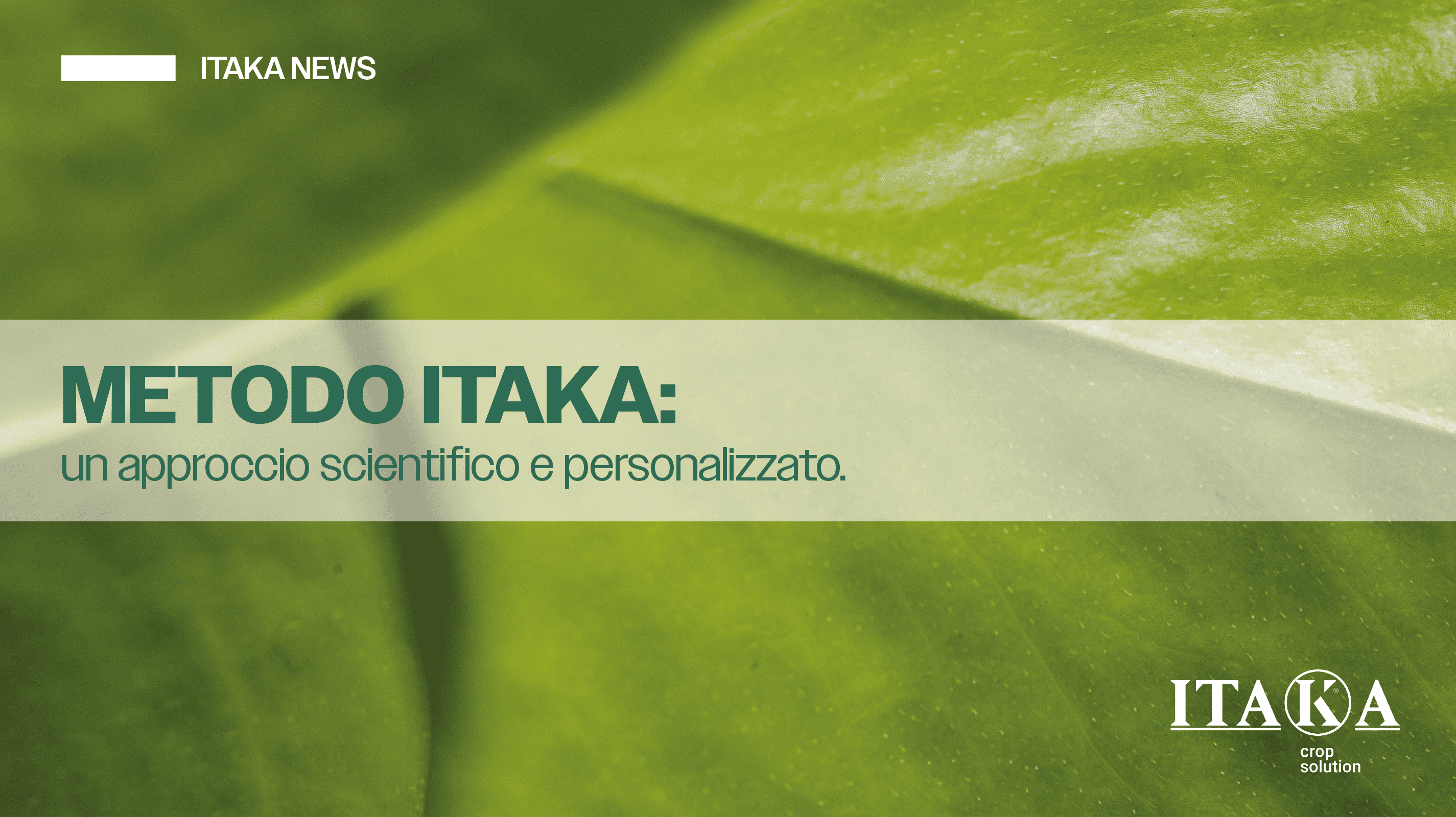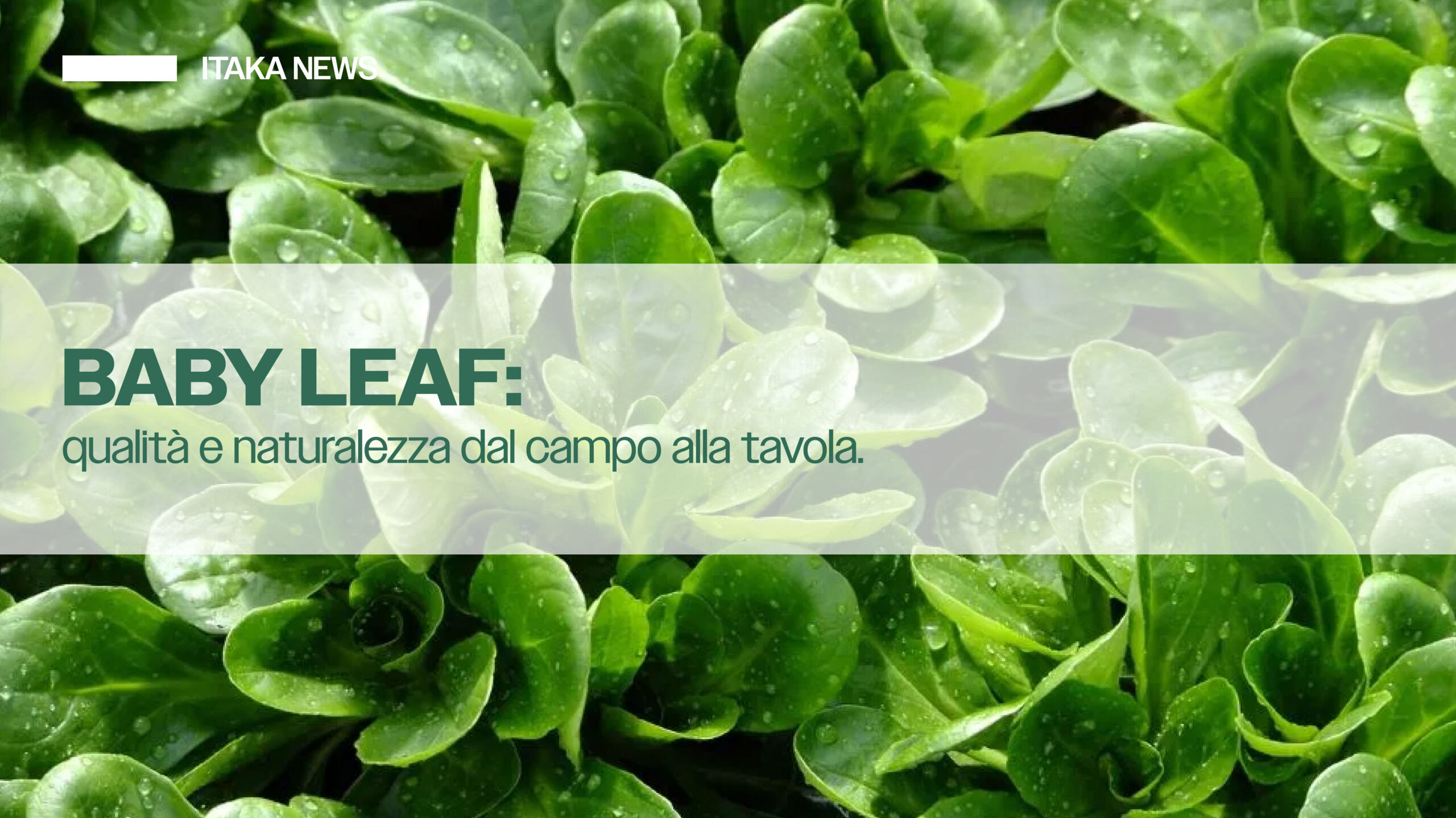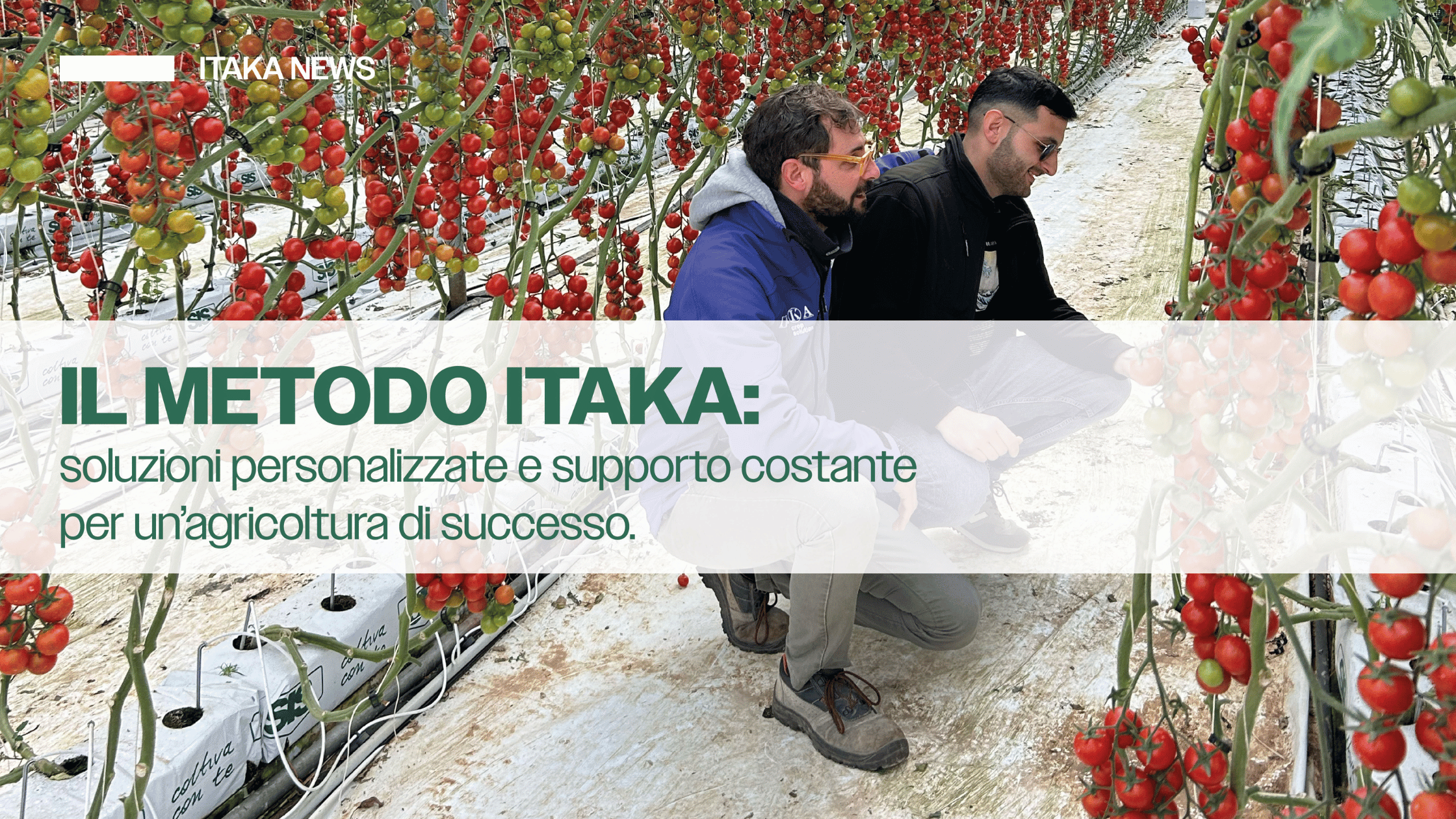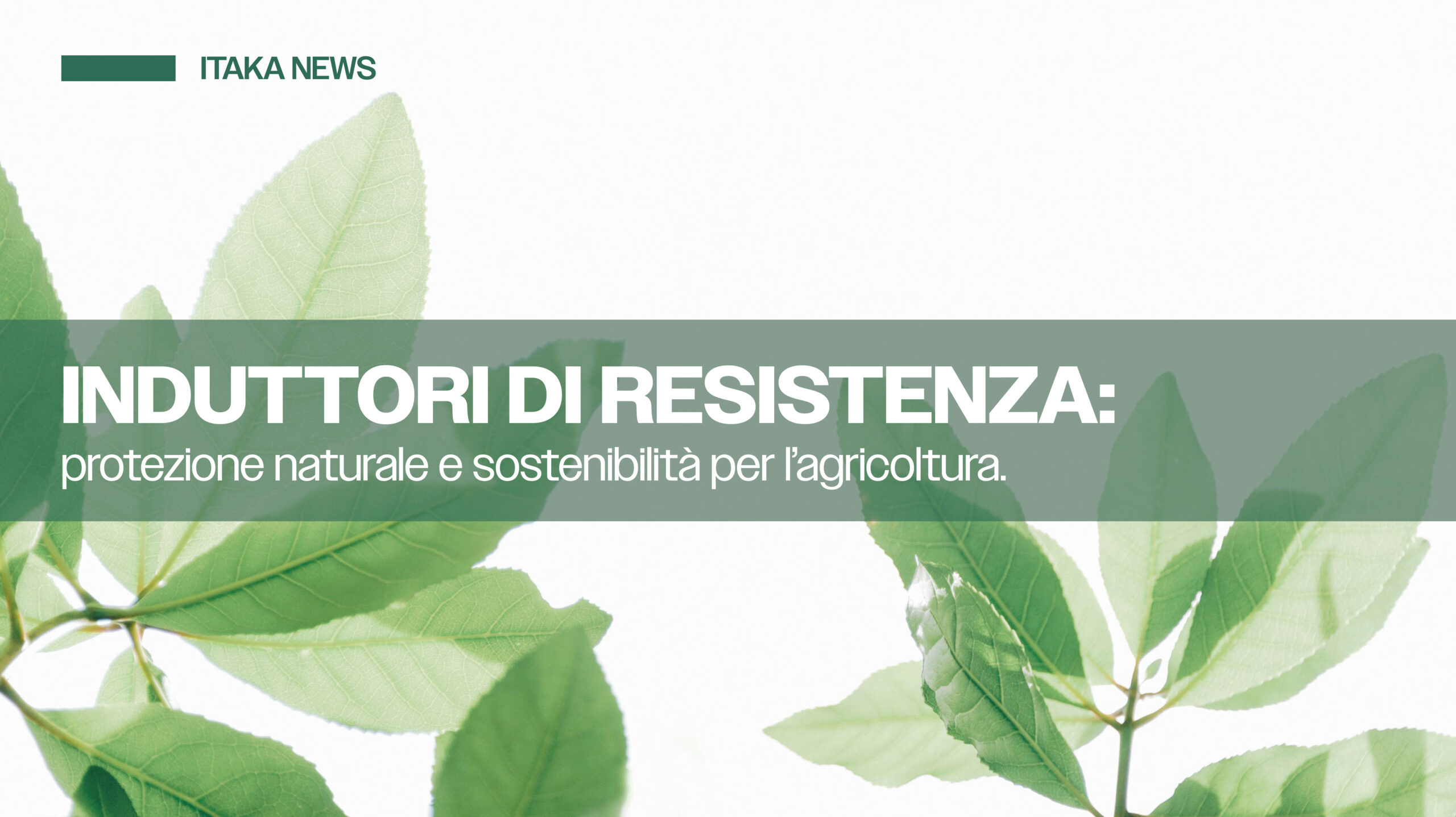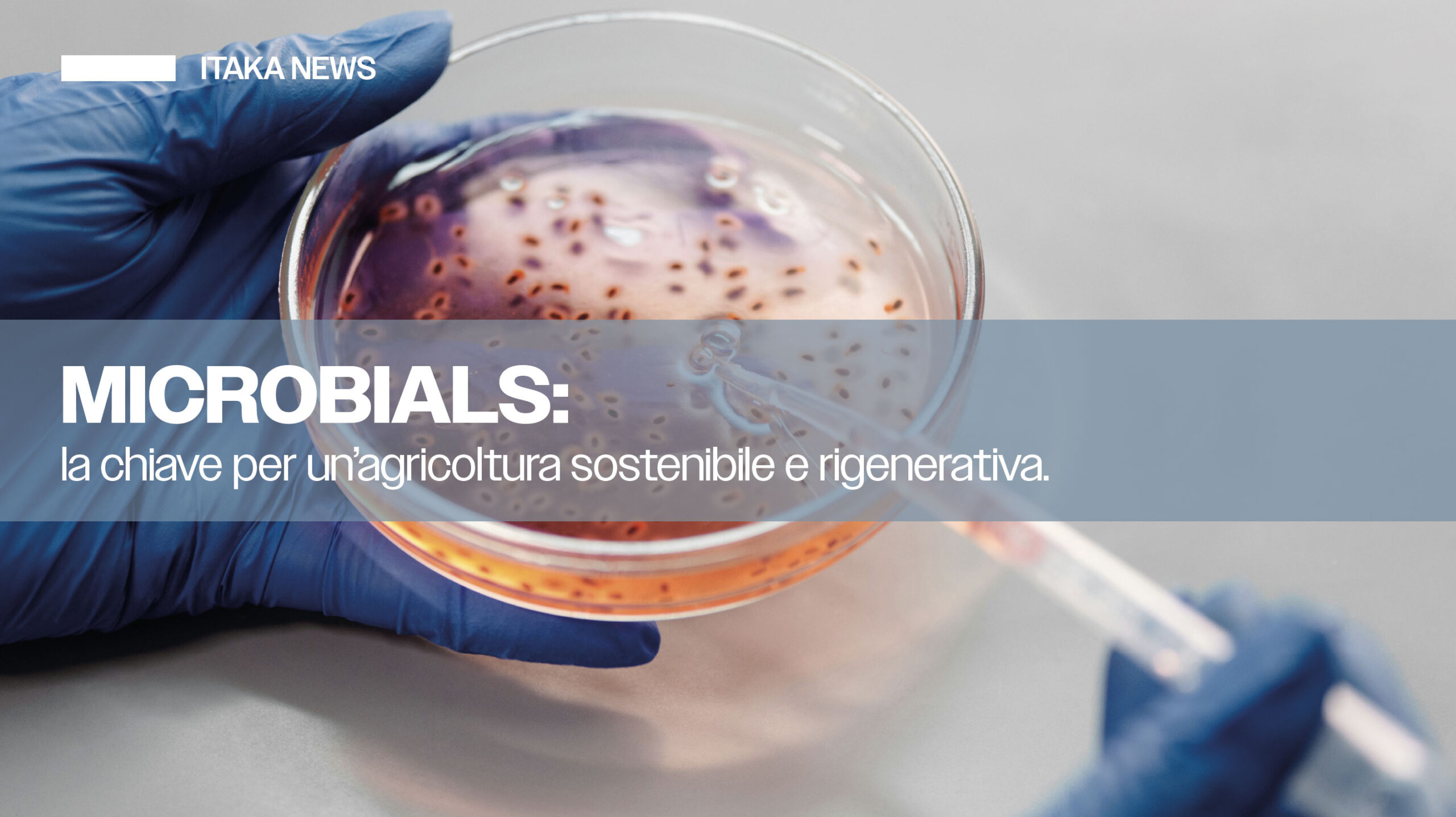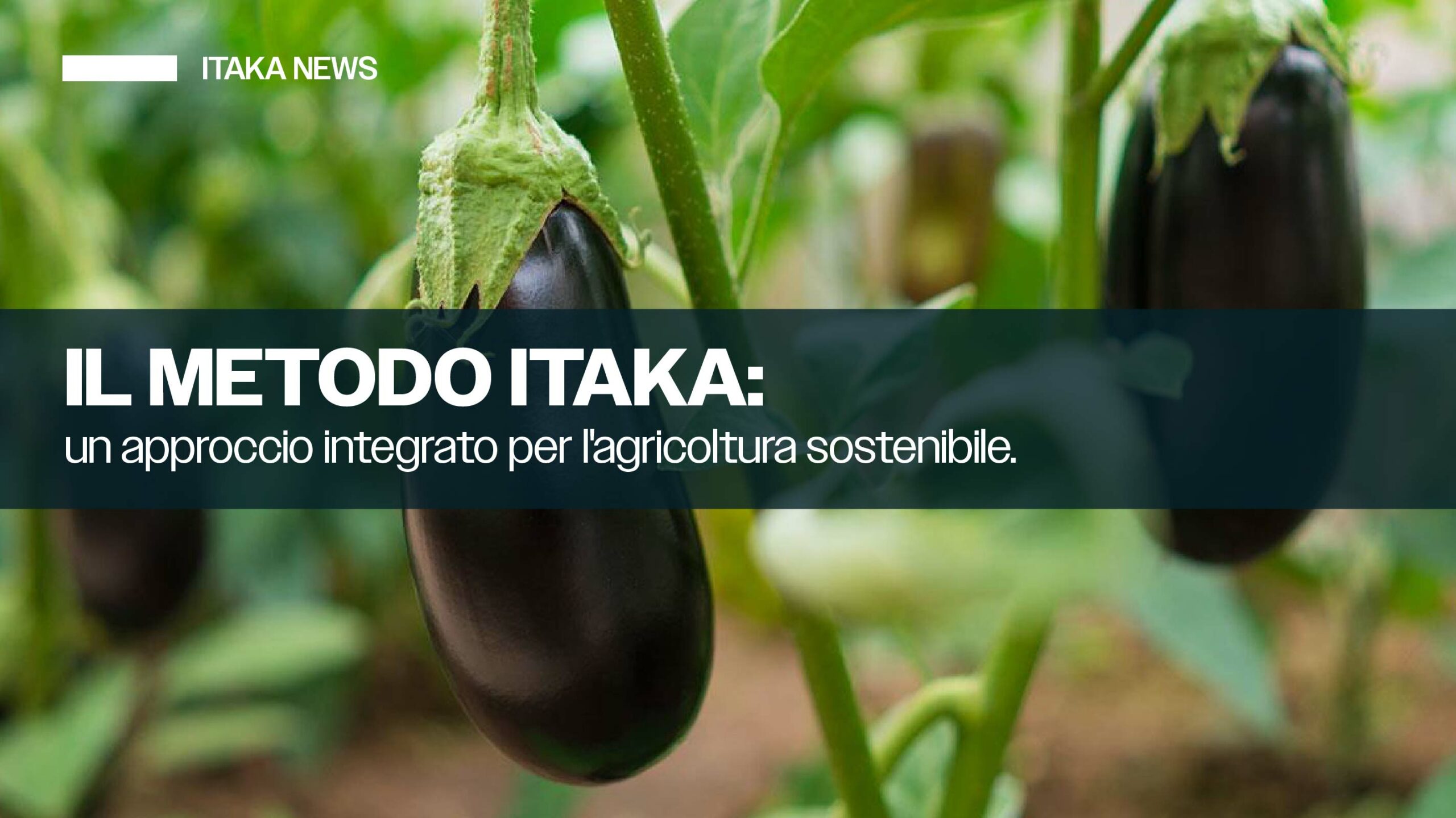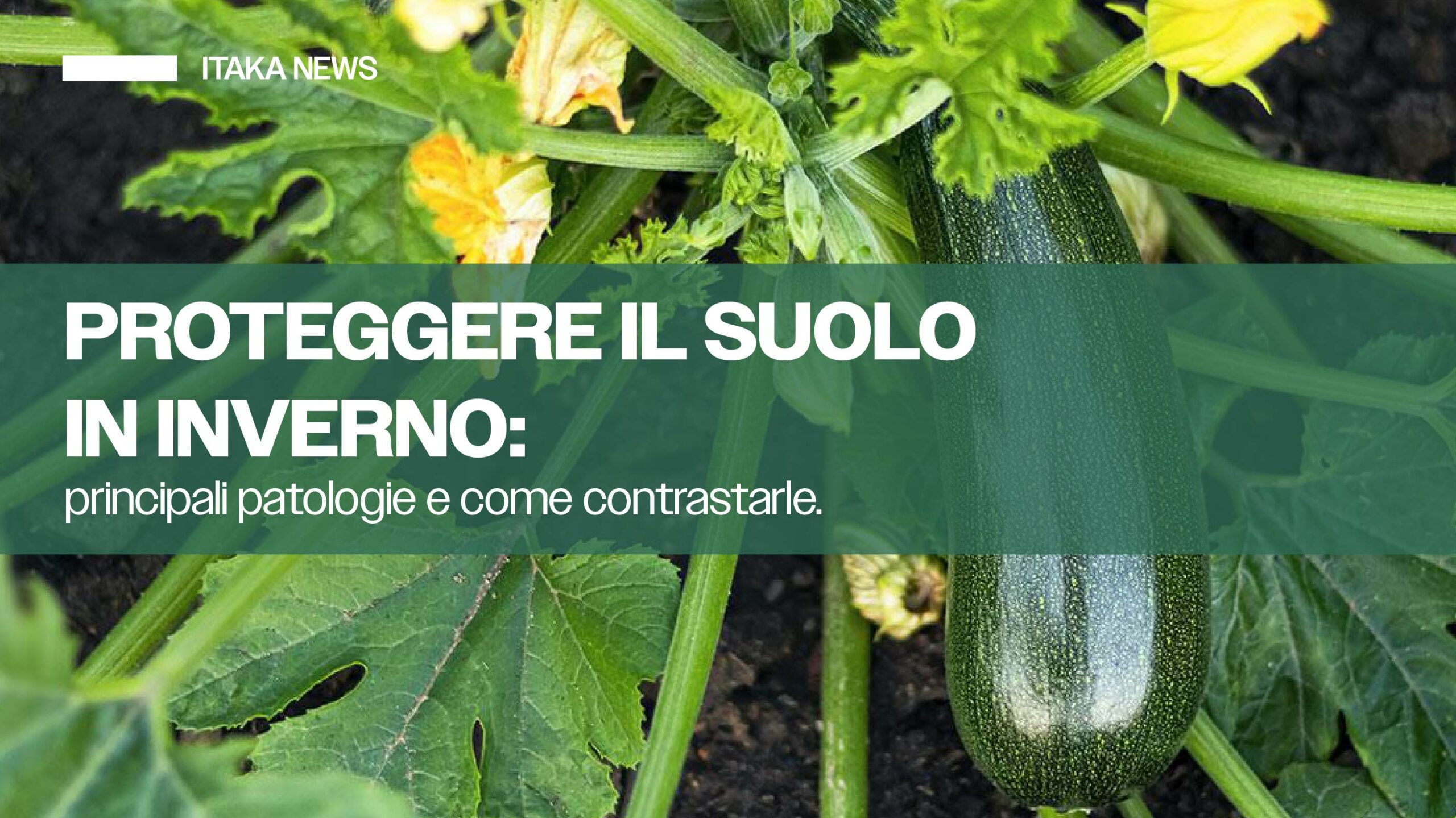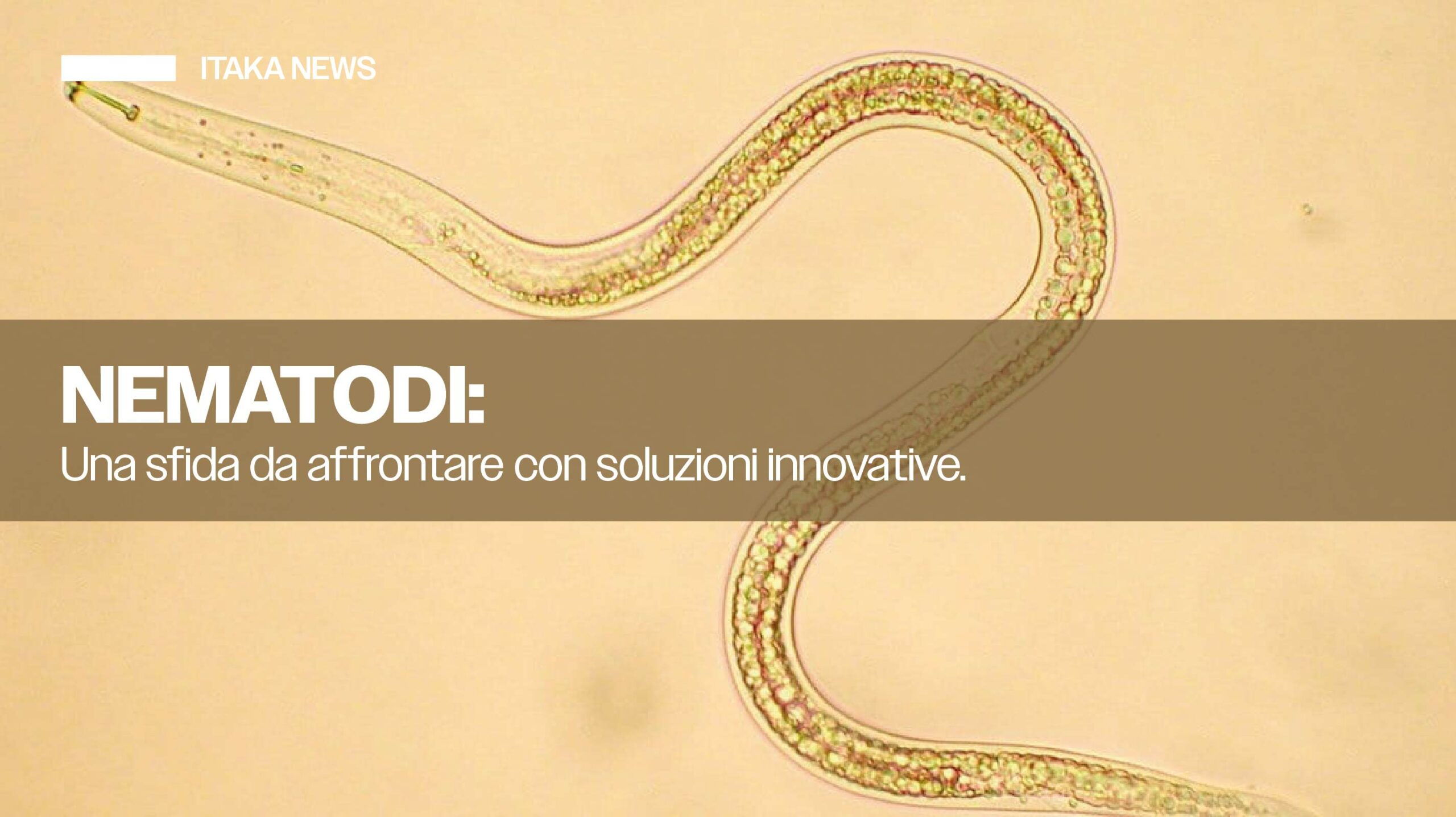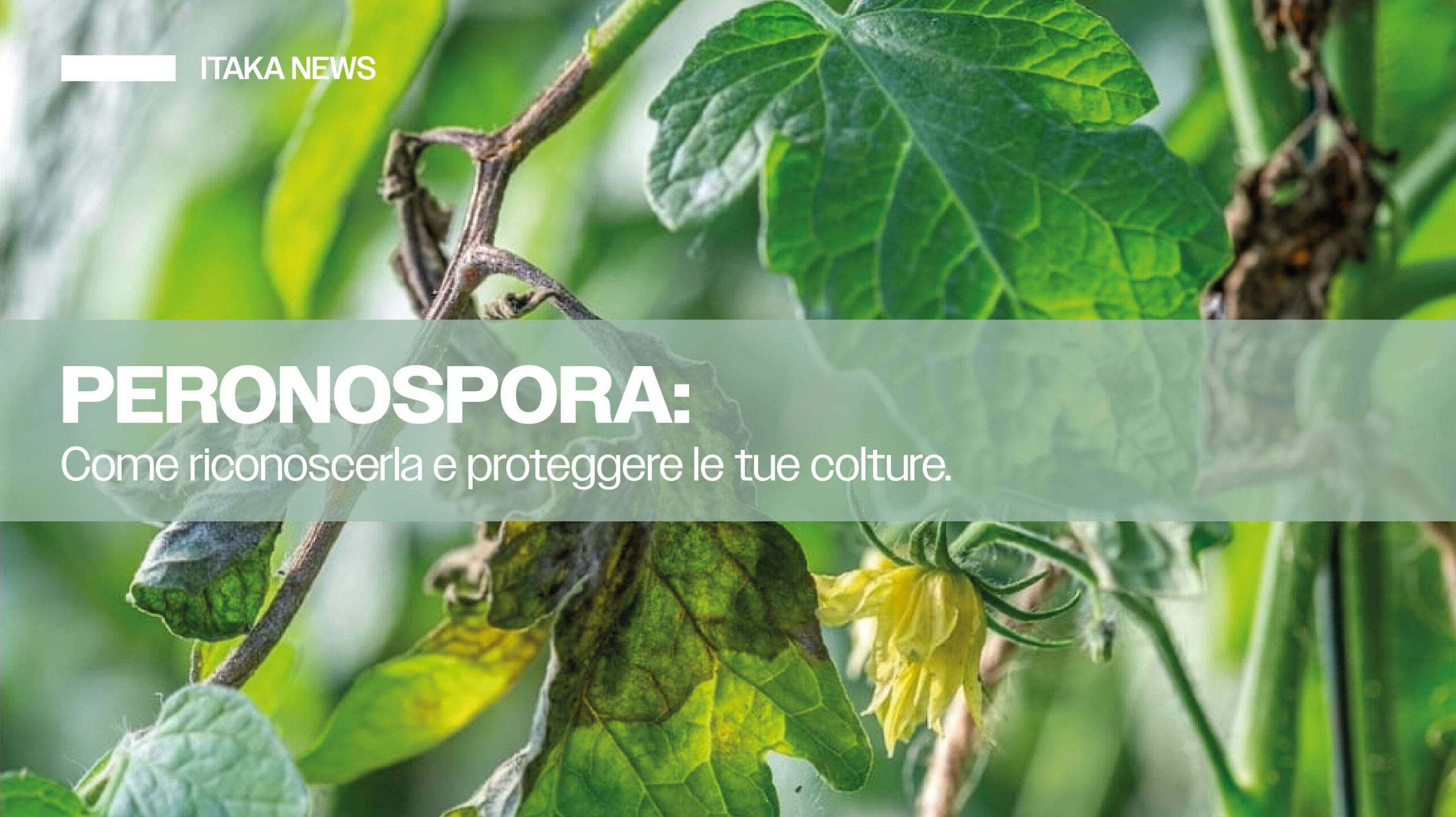The place of microorganisms in the transition to new farming systems with reference to research, agronomy and IT, using greenhouse vegetables as example
Vincent Lefebvre du Prey and Nunzio Campo
The generalised use of chemical products in agriculture led to considerable environmental damages in particular to soils and bio-diversity. Sustainable farming requires to restore in priority soil health whilst ensuring farmer’s economical sustainability.
The use of Microorganisms is essential to addressing soil fatigue. It is generally accepted that they increase vitality and fertility, prevent pathogen development and overall increase root development. But adding microorganisms to damaged soils may not provide the expected results. The existing microbiome, often unbalanced in favour of pathogens, and key agronomic parameters including carbon level, water management and nutrition deficiency, will condition the soil, thus the plant.
This document will look at the understanding of soil conditions and microbiome in a greenhouse environment, the field data that are potentially available to the grower and the methodology he can use to interpret the information, define programmes to act positively on the microbiome, bringing his soils back to production.
In most situations, programmes may include specific strains of microorganisms to act on the soil vitality. Regenerative actions have also to be taken over time to address the organic matter level and the presence of pathogens. Questions remain about the impact of such combined programmes on bio-diversity.



